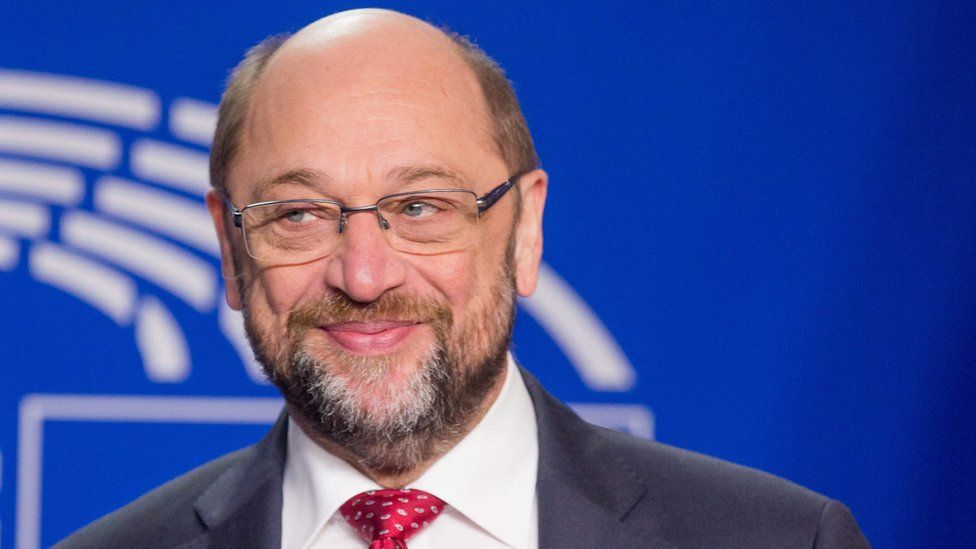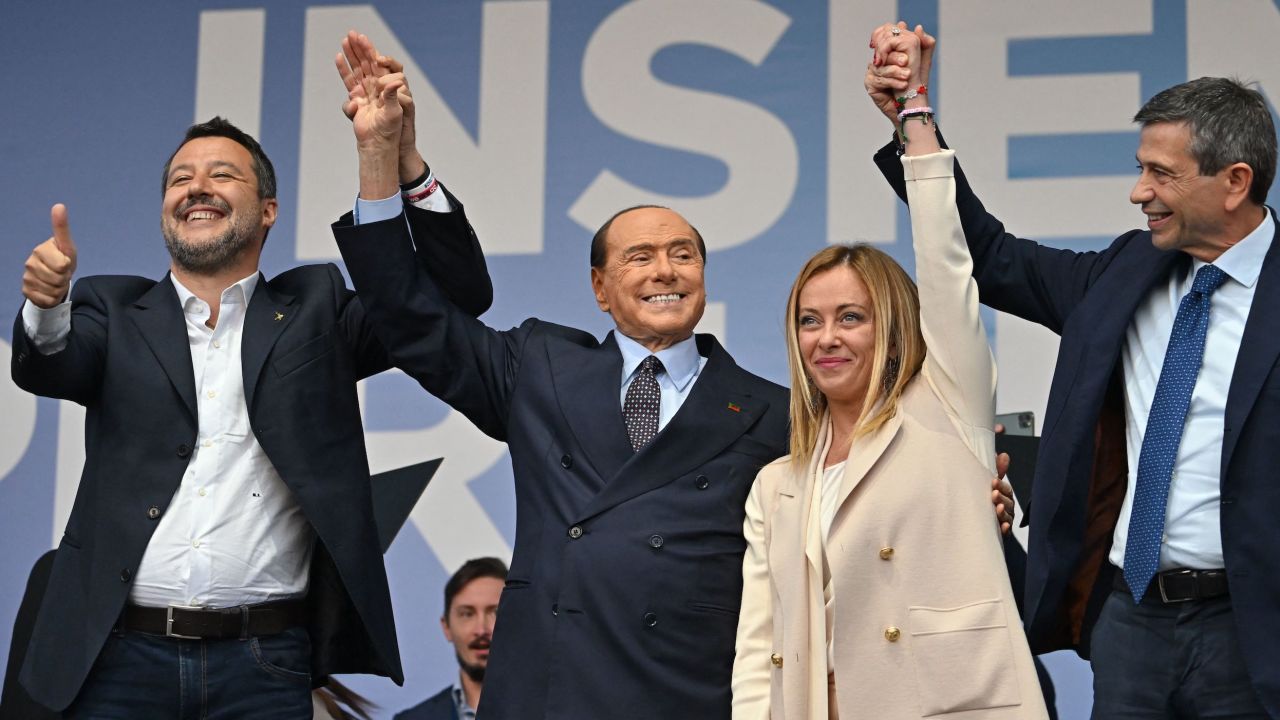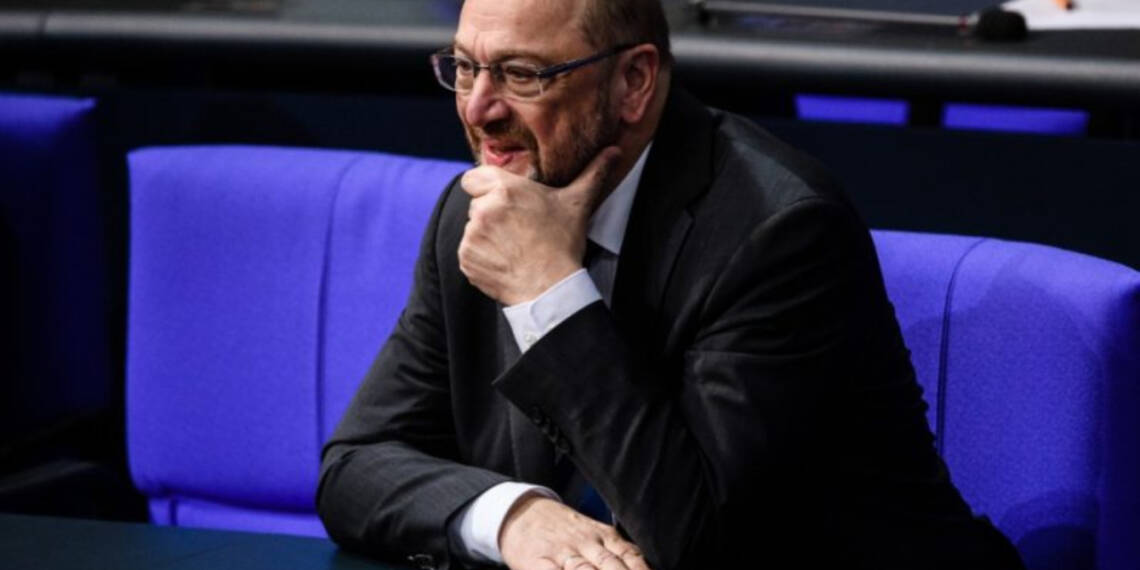Amidst the backdrop of impending crucial elections in 2024, former President of the European Parliament, Martin Schulz, underscored the stark contrast between the unity of right-wing factions and the disarray among progressive forces in Europe.
Schulz, alongside Tanja Fajon and Matthias Ecke, launched the ‘Twelve Missions for a Progressive Europe‘ framework, emphasizing the urgent need for progressive movements to address EU challenges and articulate a clear, unified message.
He acknowledged the Left’s struggle in effective communication and the absence of a unified strategy, contrasting it with the Right’s effective messaging and propaganda methods.
Schulz highlighted the division within progressive forces, advocating for a consensus among left-wingers and a unified front to counter the common adversary threatening their existence.

Failure of Communication
Discussing the aftermath of the event, he highlighted the left’s struggle in effective communication and the absence of a unified strategy, contrary to the apparent dominance of right-wing parties.
Read More: Five European politicians vow to destroy EU to bring peace to the region
He criticised left-wing messaging for being too complex, too divided, and overly focused on narrow themes such as identity politics, instead of focusing on people’s daily needs and concerns. Schulz suggested that the Left should learn from the Right’s propaganda techniques and articulate social protection and solidarity more effectively.
Join us on Telegram: https://t.me/tfiglobal
He stressed the right wing’s effectiveness in conveying messages compared to the progressive movements.
Progressives divided
Schulz continued, addressing the division within progressive forces, highlighting the tendency for competing proposals, and advocating for a unified approach. He urged a consensus among left-wingers, emphasizing the significance of finding a satisfactory common strategy, as outlined in the Twelve Missions framework. These missions encompass various critical facets such as safe cities, a European Defence Shield, accessible clean energy, and adherence to the rule of law, aiming to unite the fragmented progressive movements.
Highlighting the contrast between the united front of the right-wing despite internal disagreements and the fragmented nature of the Left, Schulz emphasized the imperative need for unity, recognizing a common adversary threatening their existence.

Responding to inquiries about the dissonance between the Left’s focus on gender issues and the populace’s concerns, Schulz stressed the necessity of addressing both aspects. Drawing from Olaf Scholz’s successful election campaign centered on the single word ‘Respect,’ Schulz advocated for a similar approach. He emphasized the importance of connecting deeply with voters, underscoring Scholz’s success in conveying a message of societal respect. Schulz recommended steering away from extensive, unread party programs, highlighting the need for succinct and relatable messaging to resonate with the electorate.
Read More: In the next one and a half years Hungary is going to reset the EU
Schulz highlighted the challenge in translating the Twelve Missions into easily understandable policies and messaging, especially concerning social democrats in Germany and Europe. He reiterated the core principles of their messages: social justice, climate change, and peace. Schulz emphasized the interdependence of climate action and social justice, noting that demanding higher prices for environmental protection could alienate voters seeking economic stability. He raised concerns about the disruptive impact of artificial intelligence on the job market, foreseeing a shift where machines would assume more work, necessitating reduced human labor. Schulz advocated for strengthening the state rather than dismantling it, proposing taxation on the benefits of this industrial disruption to ensure a fair distribution of wealth. This approach, according to Schulz, would support productivity while maintaining social equity.
Watch More:








